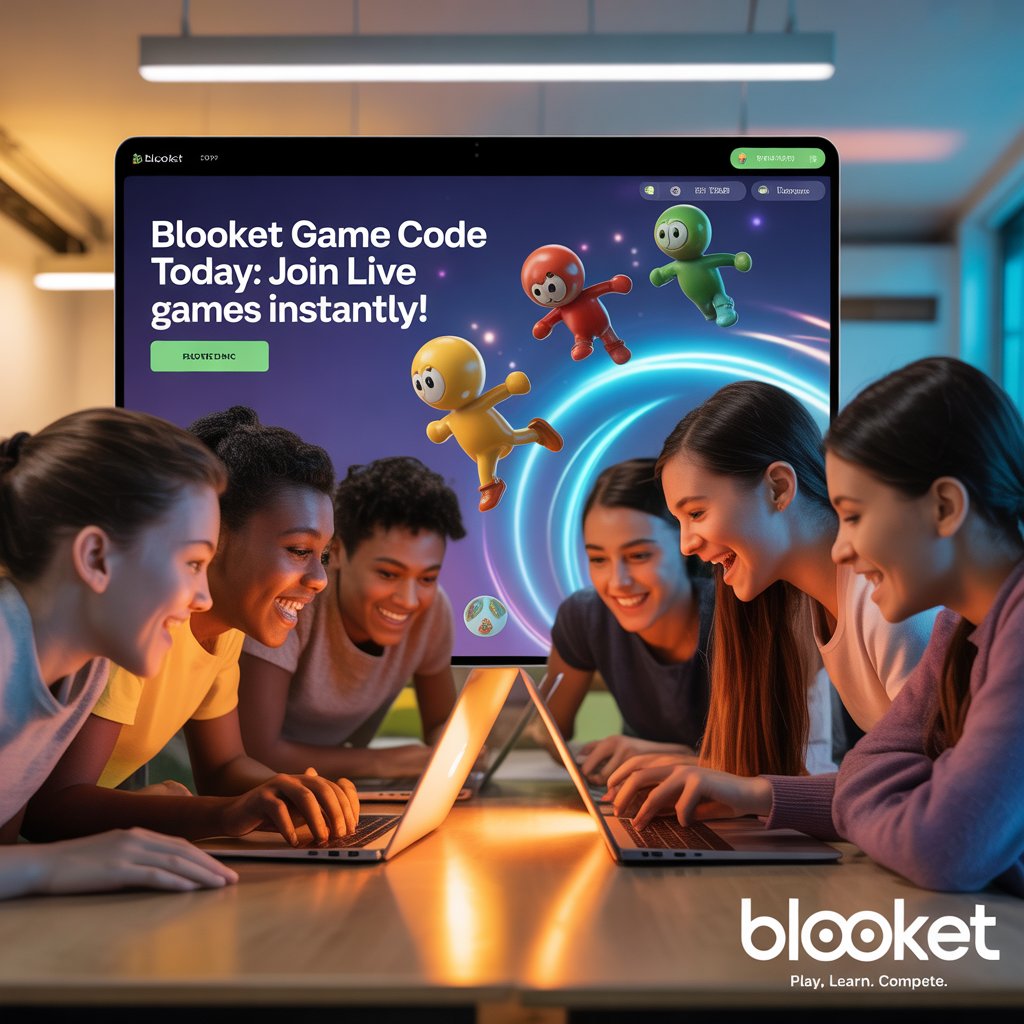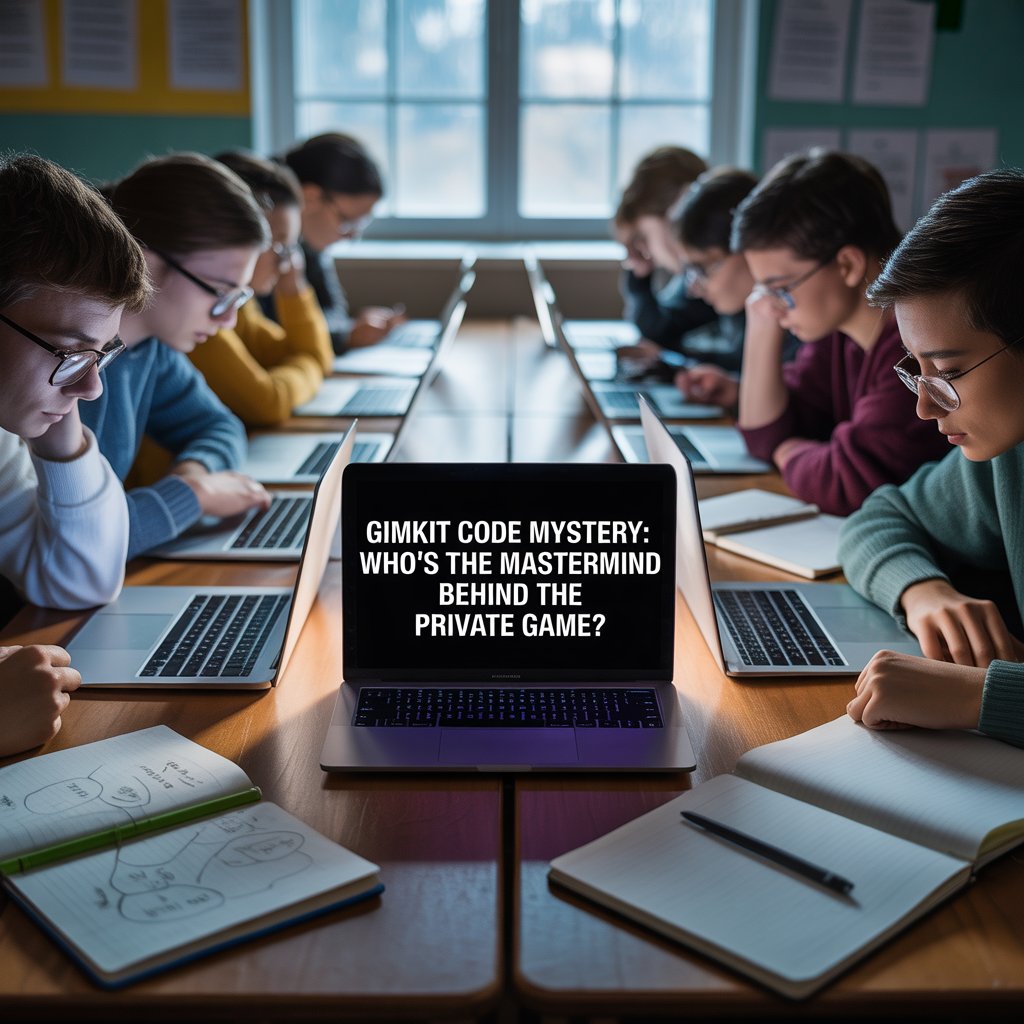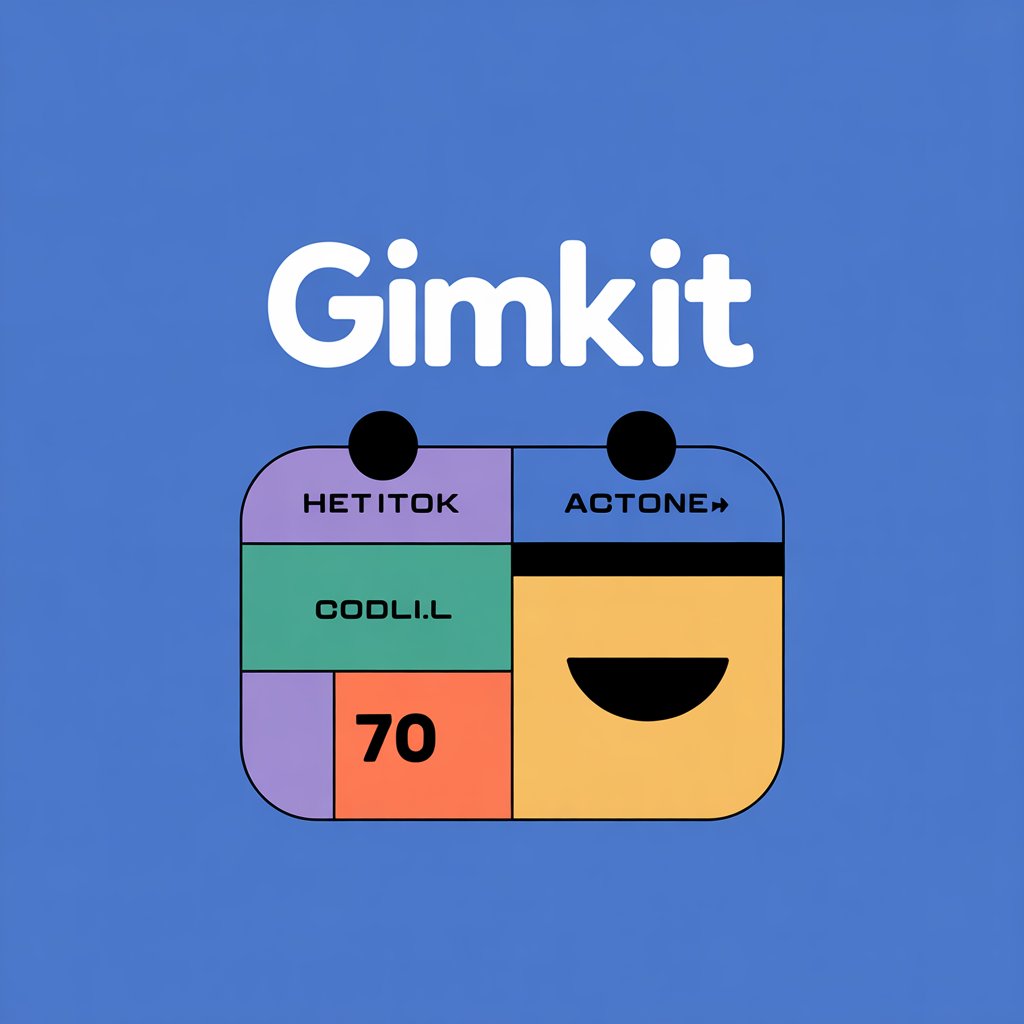Think of what it would be like to go into Gimkit and discover some weird-named secret game, say, a thing like Room 17 Clue Hunt or X49SecretOps. You stop, interested. Who developed this game? What is the code all about? One of the most popular interactive learning tools, Gimkit code, encompasses the cramming process into a high-tempo quiz game, and students have a chance to win built-in virtual currency. Other times, though, it seems different.
Coded games that are kept secret arouse some interest and evoke some suspicion. Are they in-jokes? Hidden challenges? More than something? Are you ready to immerse yourself in the mystery of concealed Gimkit sessions of unidentified origin? Well, we are about to see what exactly makes them a mystery and who or what is behind this all; what is the big secret?

Gimkit Code Crackdown: How Private Games Work
Gimkit Private Games are similar to being inside a secret club, as you must use the code to enter. Upon hosting a game, a host has the option to make it either in a public or private setting, where only individuals possessing the unique join code can join in. The games do not appear on the open listing, so that no one can see them with inquisitive eyes.
Teachers sometimes use the gimkit game codes privately in classes, and students can occasionally arrange them at play, practice, or challenge amongst friends. Every session is customizable because the host regulates settings, the mode of the game and the time.
The mysticism involves the fact that some of these games are available with weird names or unexpected forms. It creates an image of its rumours and curiosity. Learn or laugh, it does not matter, the digital version of the lock room which needs exploration, that is what a private Gimkit game is about.
The Gimkit Theories: Who is the Mastermind?
Gimkit, the learning game suitable to be interactive and liked by students, as well as teachers, has ignited the accumulation of fan theories. However, there is only one question that stands out among others: Who is the real genius behind the enigmatic twists and updates in the universe of Gimkit?
Others suspect it might be Kit, the innocent robot mascot. Though Kit seems like a supportive and amiable person, the fans believe that he is the one arranging everything behind the scenes. The way he knew all the games, attended all of their school events and gave them little encouraging words raises suspicious minds. What if Kit was using players as training tools, as he was telling them they were being educated?
Some people have been referring to the developers themselves- are they just purposely designing a game, or are they creating a grand story with secret messages and origins? Secret codes, mysterious bugs that appear without rhyme or reason, and mysterious update messages all point out that there might be more than meets the eye.
There is a more radical theory that the real mastermind is the players. Every decision, every activity they engage in transfers power to the system. What might be referred to as the mastermind might not be a thing but an ordinary intelligence created by users.
Primary Tools to Track the Gimkit Game Master
Username Tracing
In many cases, the name of the host is the most telltale clue, primarily through the username. In most Gimkit join code games, attendees will see the host’s name on the scoreboard or lobby. It is essential to take notice when usernames contain a real name, the initials, or a familiar pattern. These should be compared with standard online names used by your classmates to eliminate the list of possible online hosts in short order.
Email Invites (If Applicable)
In other school configurations, Gimkit games are shared by email invitations. In the event you got one, examine the email address of the sender. These are frequently marked in the school platforms with the name of the teacher or student. The identity of the host may also be in the subject line or in the footer of the email, even though it could be a generic one. Check with your teacher whether the participation is tracked through email logs.
Asking Around in Class/School
Asking can be the most effective way sometimes: it is no use being vague about it. Ask classmates and see who they may have known about who started the game. Someone tends to organise it, in case it is not the first time. It can be gained with inside information from teachers, group leaders, or even friends. Make your inquiry informal and polite, as you can learn more just by being interested in the game rather than being inquisitive.
Real Stories from the Gimkit Community
One of the Reddit users wrote how a sufficiently nondescript game called a mystery game turned into a Gimkit tournament in an entire school. One of the students made his kit, but with no name to go with it, and the teacher wanted the students to play a game of detectives. The event of guessing that ensued was so trendy that students from other classes even participated to crack the case. Even the principal was interjected in the end–and made the climactic confrontation into an official school affair.
A teacher on TikTok became a viral Internet star after making Gimkit into a creative guessing game. Every week, another student was secretly preparing a kit, and the classmates were to guess about their maker with the help of the questions and manner. The teacher wrote that due to it, it turned into a mini-lesson on authenticity and tone. It was funny, primarily, though.
The responses to students varied between overconfident guesswork (read it is Jason, these types are his vibe) to epic fails. One of the posts in the forum is, I accused my best friend… it was my math teacher the whole time.”
Conclusion
Finally, the truth is that sometimes what happens is not so much that someone discovers who created the personal game but instead that they become a part of that happening. The mystery, thus, is a game within the game that creates an element of curiosity, cooperation and adventure. Such hidden classes will attract learners, making them active and eager to practice, study, and play. Gimkit enables and promotes positive digital curiosity and teamwork to solve puzzles by making learning a playful activity in which ignorance is entertainment.

FAQs About Gimkit Code Mysteries
1. Can anyone create a private Gimkit game?
Yes, anyone with a Gimkit account (even free users) can host private games and share the code with others.
2. Is it safe to join random Gimkit games with a shared code?
Generally, yes, but be cautious. Only join games shared by classmates, teachers, or trusted sources. Report anything inappropriate.
3. Can teachers track who made a Gimkit game?
Suppose the game is hosted through a school or class account, yes. However, personal accounts may be harder to trace unless students reveal themselves.
4. What happens if the game creator leaves or logs off?
The game may end or continue depending on the game mode. Hosts typically need to manage settings during gameplay.
5. Are there public directories for Gimkit games or codes?
No official directories exist, but codes may be shared in student communities, on Reddit, or via school-based chats or invites.

